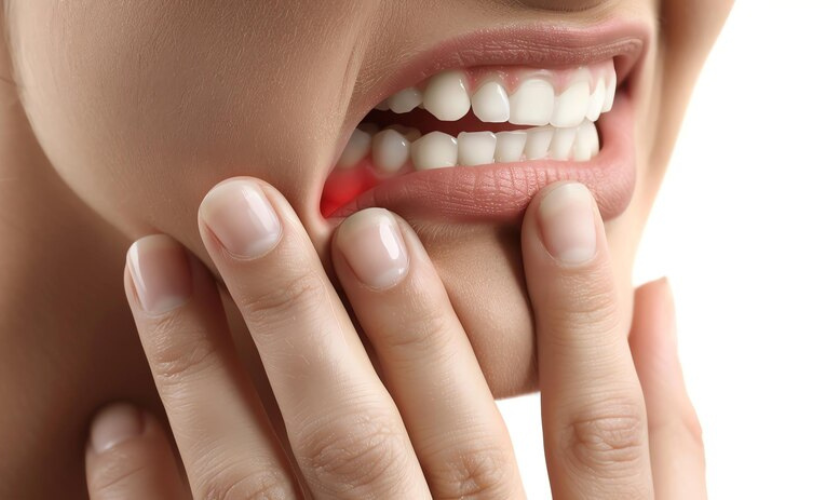
Dealing with dental issues can be frustrating, but crowns are a fantastic solution that can protect your teeth while enhancing gum health. If you’ve been experiencing problems with weakened or damaged teeth, crowns might just be the answer you’ve been looking for. This article will delve into how crowns contribute to gum health and overall dental well-being, helping you understand why they’re a top choice for many.
What Are Crowns?
Crowns, often referred to as caps, are dental restorations that cover a tooth to restore its shape, size, strength, and appearance. Crowns are typically made from various materials, including porcelain, ceramic, or metal. They are often used when a tooth is severely decayed, broken, or after a root canal.
Crowns are custom-made to fit your tooth perfectly and blend seamlessly with your natural teeth, ensuring a natural look. The process of getting a crown usually involves two dental visits. During the first visit, the dentist will examine your tooth, take impressions, and place a temporary crown. In the second visit, the temporary crown is replaced with a permanent one.
Crowns and Gum Health: The Connection
It’s crucial to understand how these restorations work when discussing dental crowns and gum health. Crowns not only protect the tooth they cover but also play a significant role in supporting the surrounding gum tissue. Here’s how:
- Preventing Tooth Decay
One of the main benefits of dental crowns is their ability to protect damaged teeth from further decay. By sealing off the tooth and providing a robust barrier against bacteria, crowns can significantly reduce the risk of gum disease. Healthier teeth lead to healthier gums! If a tooth is left untreated, it can lead to infection or even tooth loss, which can have a devastating impact on your oral health. - Maintaining Tooth Structure
When teeth are damaged or decayed, their structure can weaken, leading to gum recession. Crowns restore the original shape and strength of a tooth, which helps maintain proper gum positioning. Healthy tooth structure supports gum health, creating a more stable environment. - Improving Bite Alignment
Crowns can also help correct bite alignment, preventing uneven pressure on your teeth and gums. Proper alignment reduces the risk of gum inflammation and discomfort, making it easier to maintain good oral hygiene. - Reducing the Risk of Further Damage
A damaged tooth can be more susceptible to fractures or breaks, which can further compromise gum health. By placing a crown on a weakened tooth, you provide an additional layer of protection, reducing the likelihood of more serious dental issues down the line.
Benefits of Crowns for Gum Health
Crowns provide a multitude of benefits that extend beyond just protecting individual teeth. Here are some compelling reasons to consider crowns when focusing on gum health:
- Durability: Crowns are designed to last for many years, providing long-term protection for your teeth and gums. Their durability means fewer dental visits for repairs or replacements, allowing you to focus on enjoying your smile.
- Aesthetic Appeal: Modern crowns are designed to blend seamlessly with your natural teeth, enhancing your smile while protecting your oral health. This aesthetic advantage can boost your confidence and encourage better oral hygiene habits. People often feel more motivated to maintain their dental health when they are pleased with their appearance.
- Reduced Sensitivity: For those with sensitive teeth, dental crowns can provide insulation from hot and cold temperatures, reducing discomfort and encouraging regular brushing and flossing. If you’re prone to sensitivity, having a crown can help you enjoy your favorite foods and beverages without worry.
- Ease of Maintenance: Crowns don’t require any special care beyond what you would do for your natural teeth. Regular brushing, flossing, and dental check-ups are usually sufficient to keep both your crowns and gums healthy. This convenience makes dental crowns an appealing option for many individuals seeking to improve their dental health.
Types of Crowns
Not all crowns are created equal! Understanding the different types can help you make an informed decision about what’s best for your dental health:
- Porcelain Crowns
These are the most natural-looking dental crowns, making them a popular choice for front teeth. They mimic the appearance of natural enamel and can be color-matched to your surrounding teeth. - Ceramic Crowns
Similar to porcelain crowns, ceramic crowns are also aesthetically pleasing and durable. They’re often used for individuals with metal allergies since they don’t contain any metal components. - Metal Crowns
Metal crowns are incredibly durable and can withstand significant pressure, making them ideal for back teeth. While they don’t provide the most natural appearance, their longevity and strength make them a reliable choice. - Porcelain-Fused-to-Metal Dental Crowns
These crowns combine the strength of metal with the aesthetic appeal of porcelain. They are designed to look like natural teeth while providing added durability.
Crowns vs. Other Dental Restorations
You might wonder how crowns compare to other dental restorations, like fillings or bridges. Let’s discuss the differences:
- Fillings: Fillings can address minor cavities, but they don’t offer the same level of protection as crowns. Fillings are best for smaller issues, while dental crowns are ideal for more extensive damage or decay.
- Bridges: Bridges are useful for replacing missing teeth but require the alteration of adjacent teeth, which can impact gum health. Dental crowns offer a unique solution that protects existing teeth while promoting gum health.
Crowns and gum health go hand in hand. Dental crowns offer a comprehensive solution for dental issues by protecting your teeth and maintaining the integrity of your gum tissue. If you’re considering crowns as an option, consult with your dentist to determine the best course of action for your smile. Investing in crowns not only enhances your dental health but also elevates your overall well-being.
Dental crowns provide numerous benefits, from improved gum health to a beautiful smile. Whether you’re dealing with damage or decay, crowns can be the solution that brings your oral health back on track. So why wait? Talk to your dentist today about how crowns can transform your smile!
Common Questions About Crowns and Gum Health
A. If you’re experiencing tooth pain, have a cracked or severely worn tooth, or have undergone a root canal, it may be time to discuss crowns with your dentist. Crowns can help restore function and appearance to your smile while ensuring the health of your gums.
A. Proper oral hygiene is essential. Regular brushing, flossing, and dental check-ups will help ensure your crowns and gums stay healthy. Remember to schedule regular dental visits so your dentist can monitor your crowns and overall oral health.
A. Yes! By restoring the shape and function of a tooth, crowns can help prevent further gum recession and protect the surrounding gum tissue. A well-fitted crown will minimize the risk of gaps forming, which can lead to gum irritation.
A. With proper care, crowns can last many years—often upwards of a decade. However, factors like oral hygiene, the material of the crown, and your dental habits can affect longevity. Regular dental visits will help ensure your crowns are in good condition.





